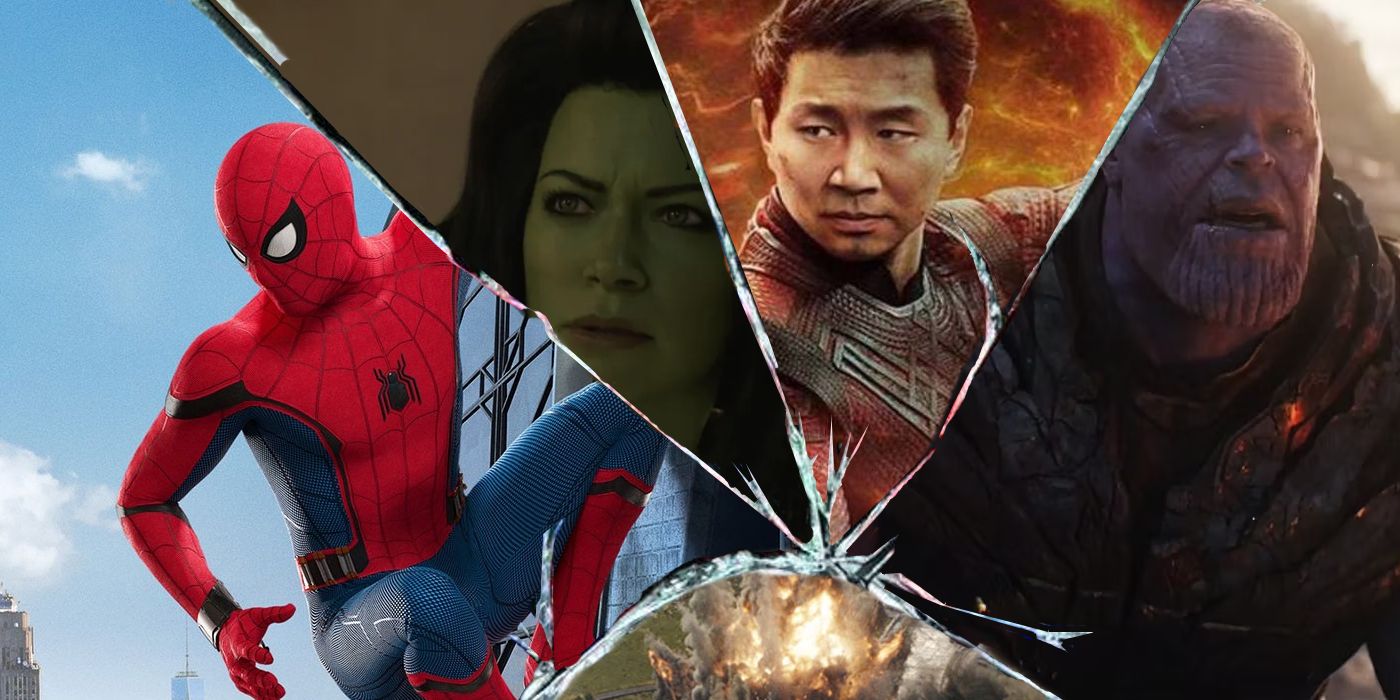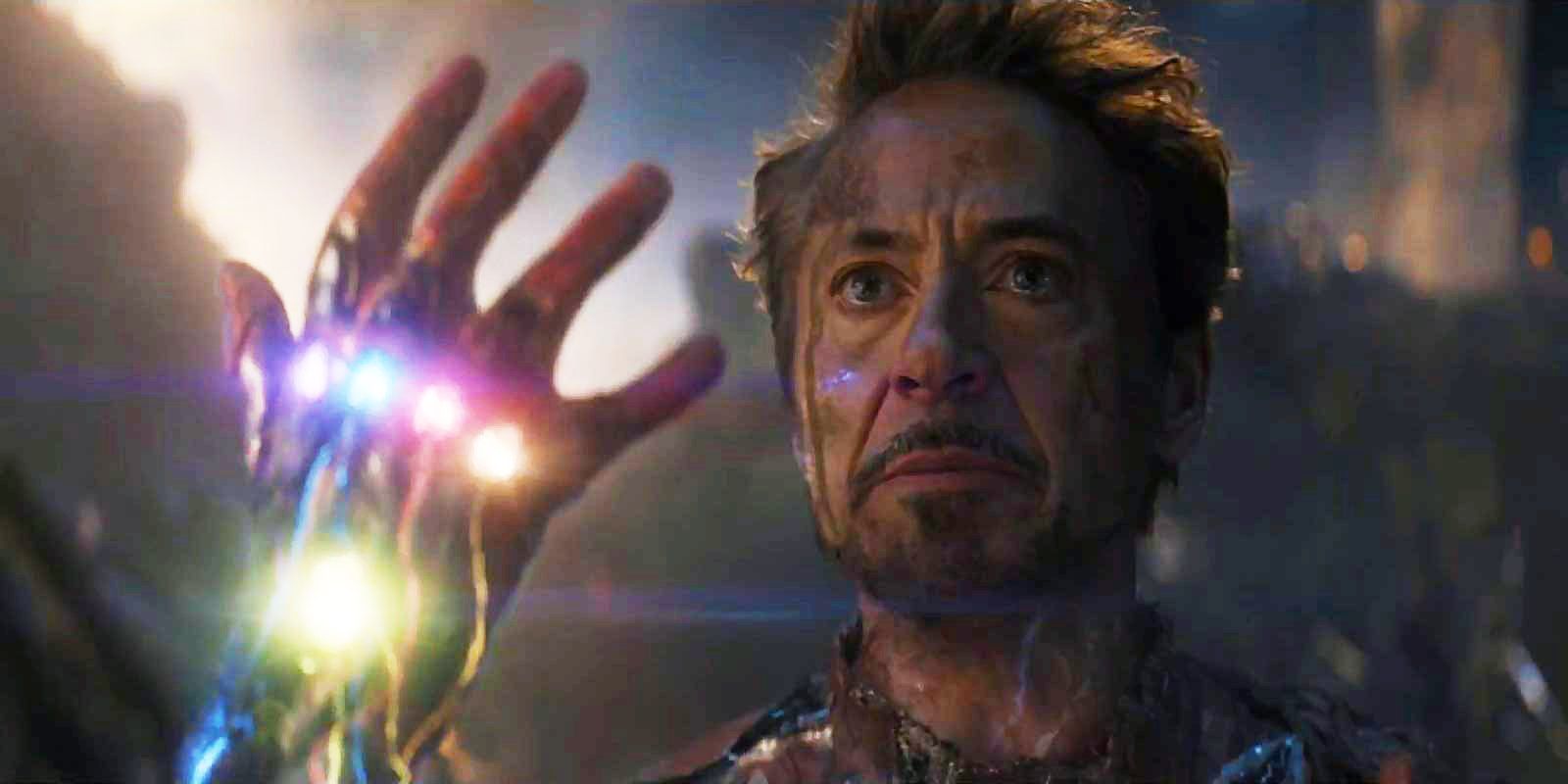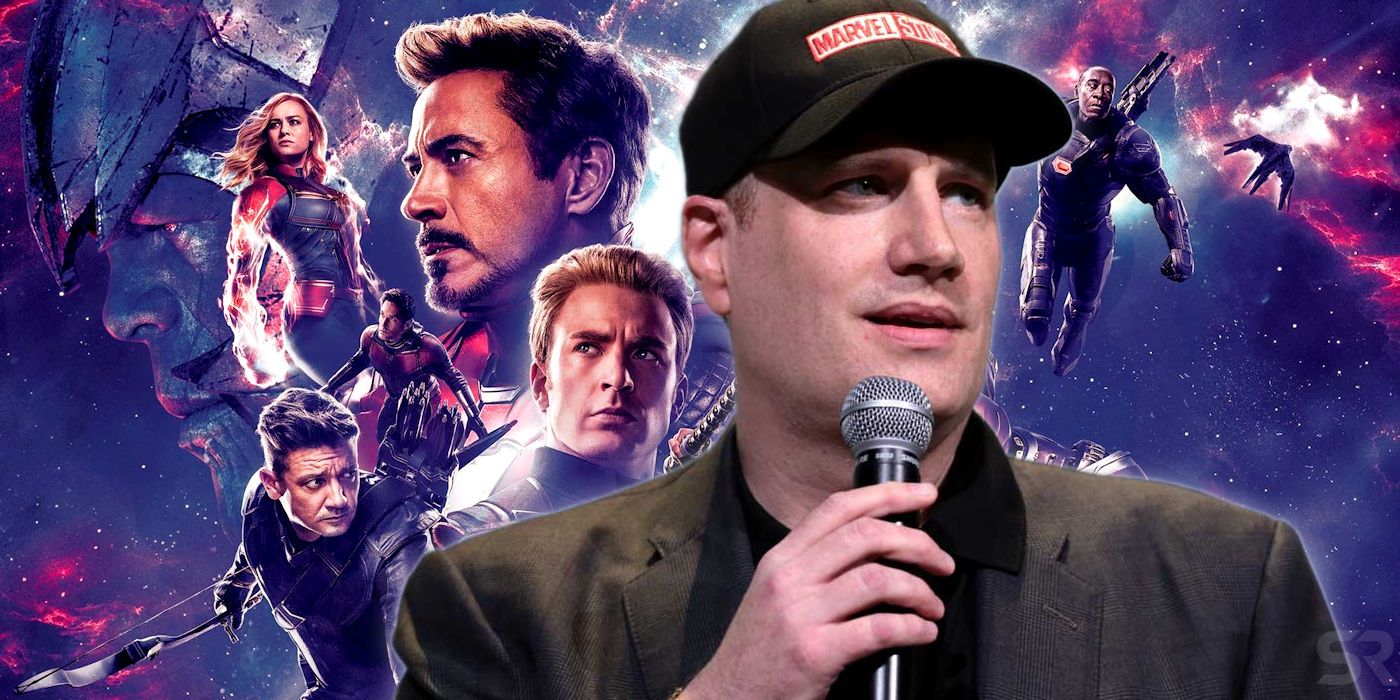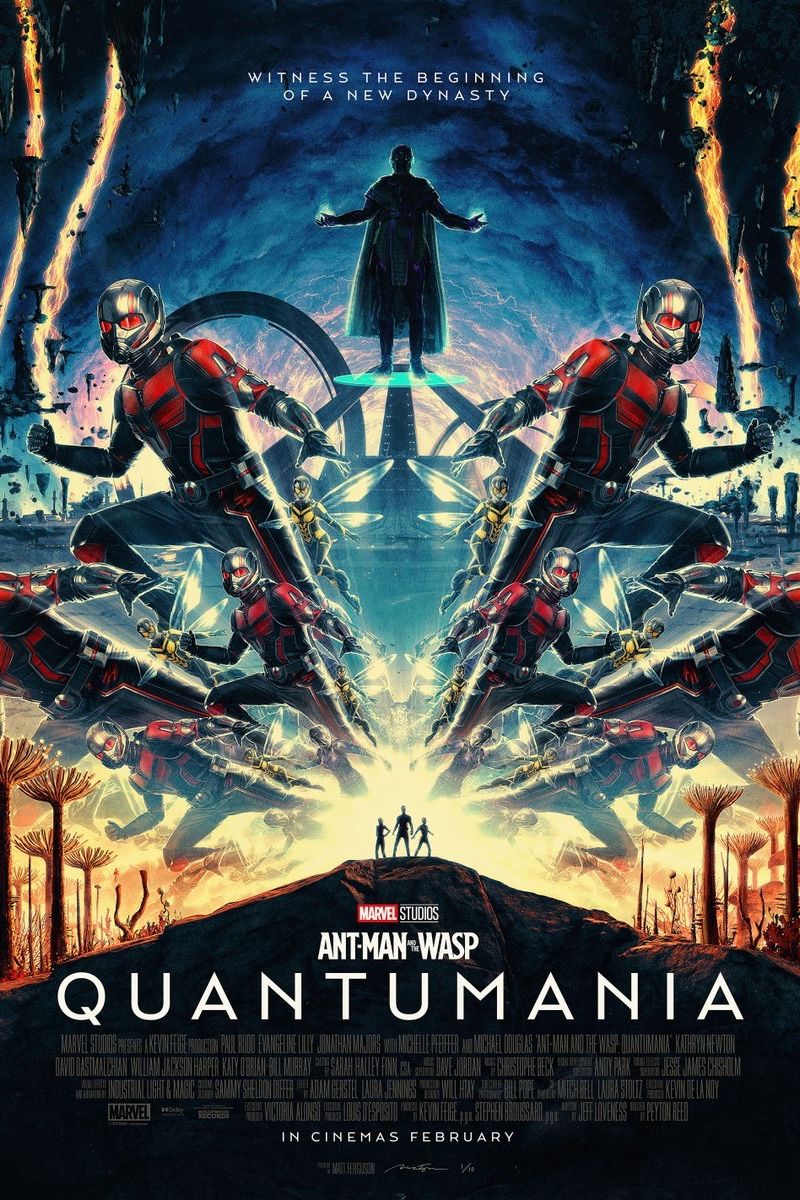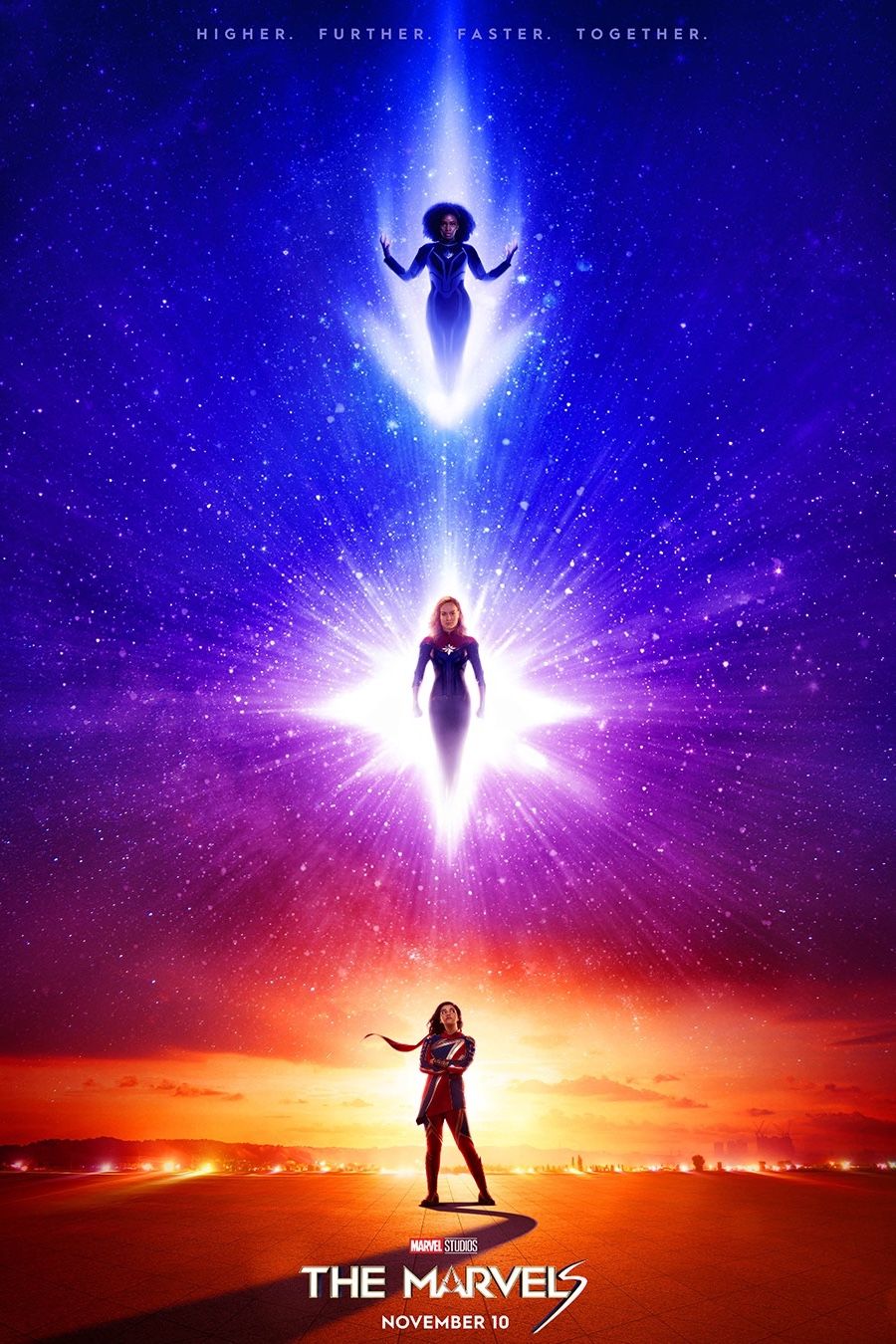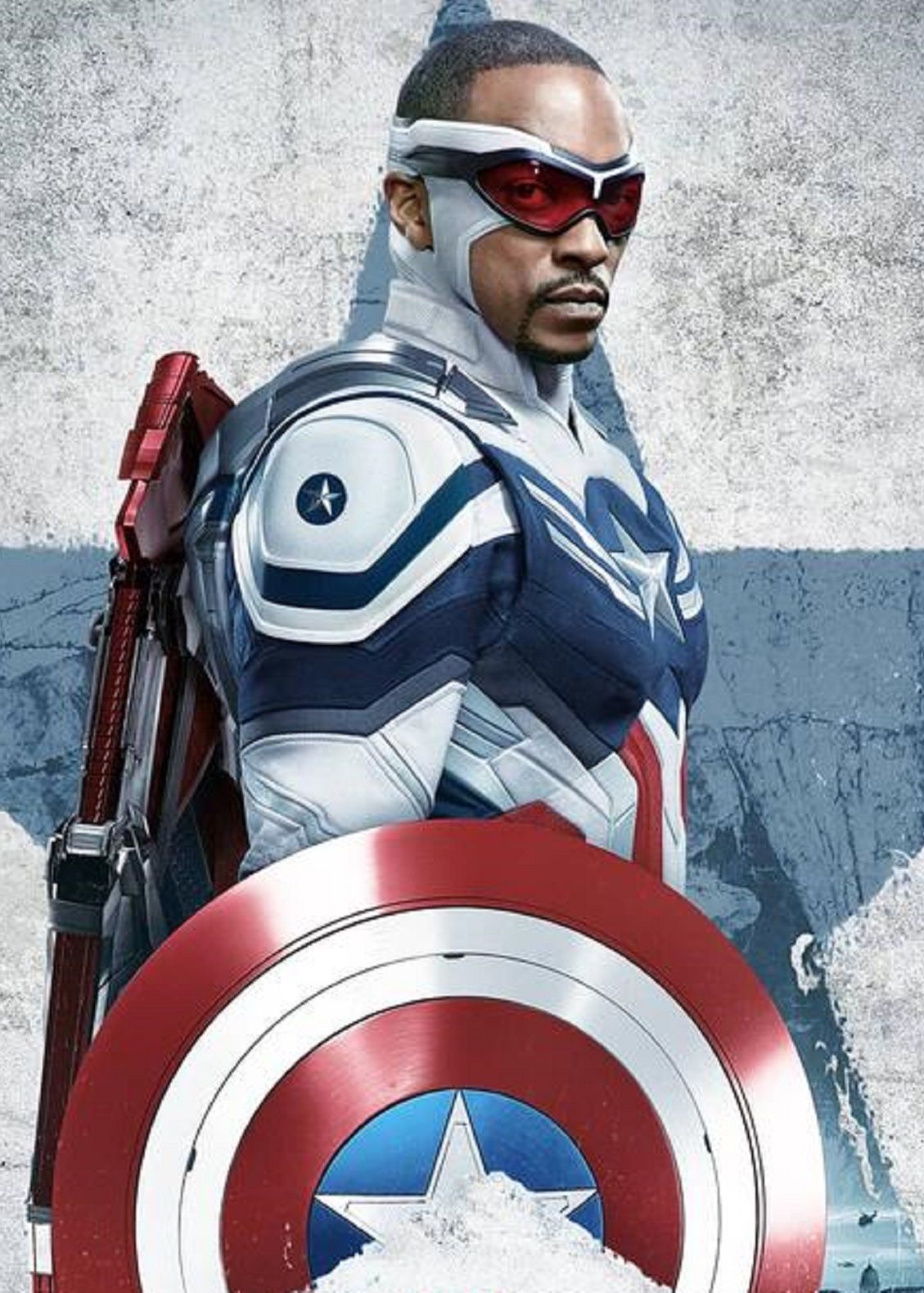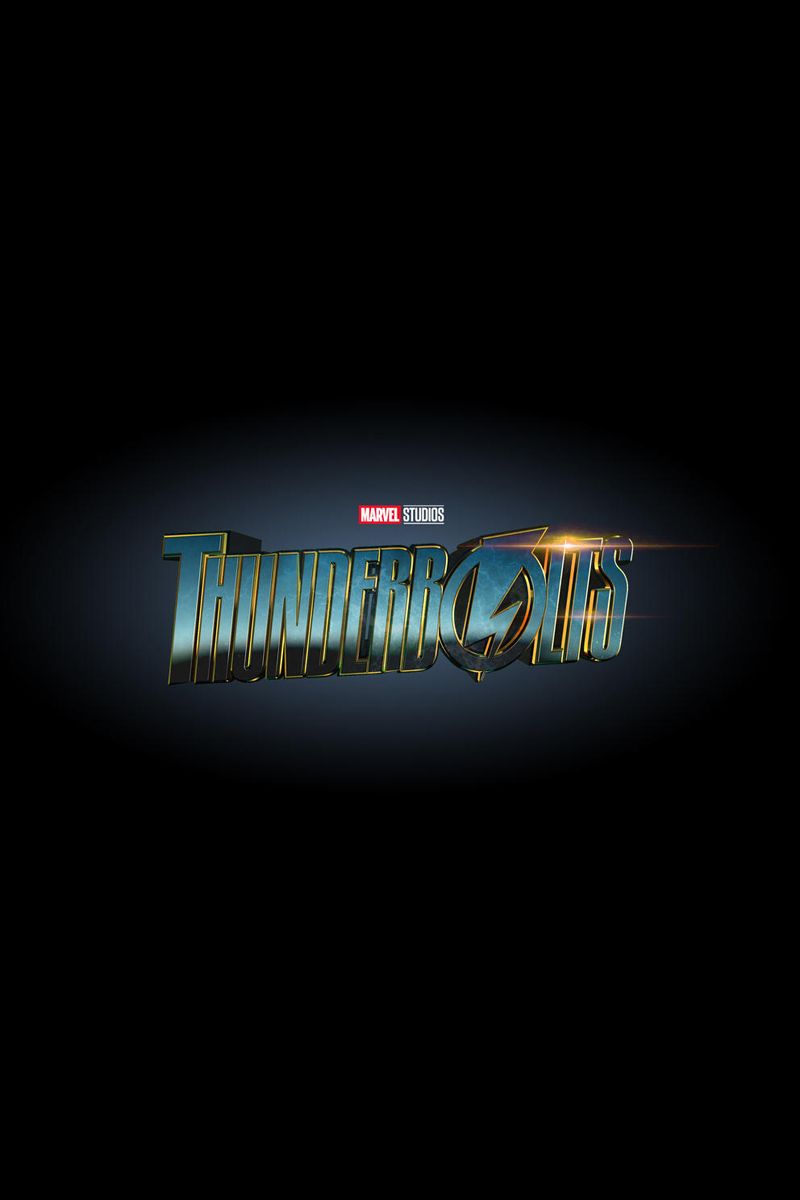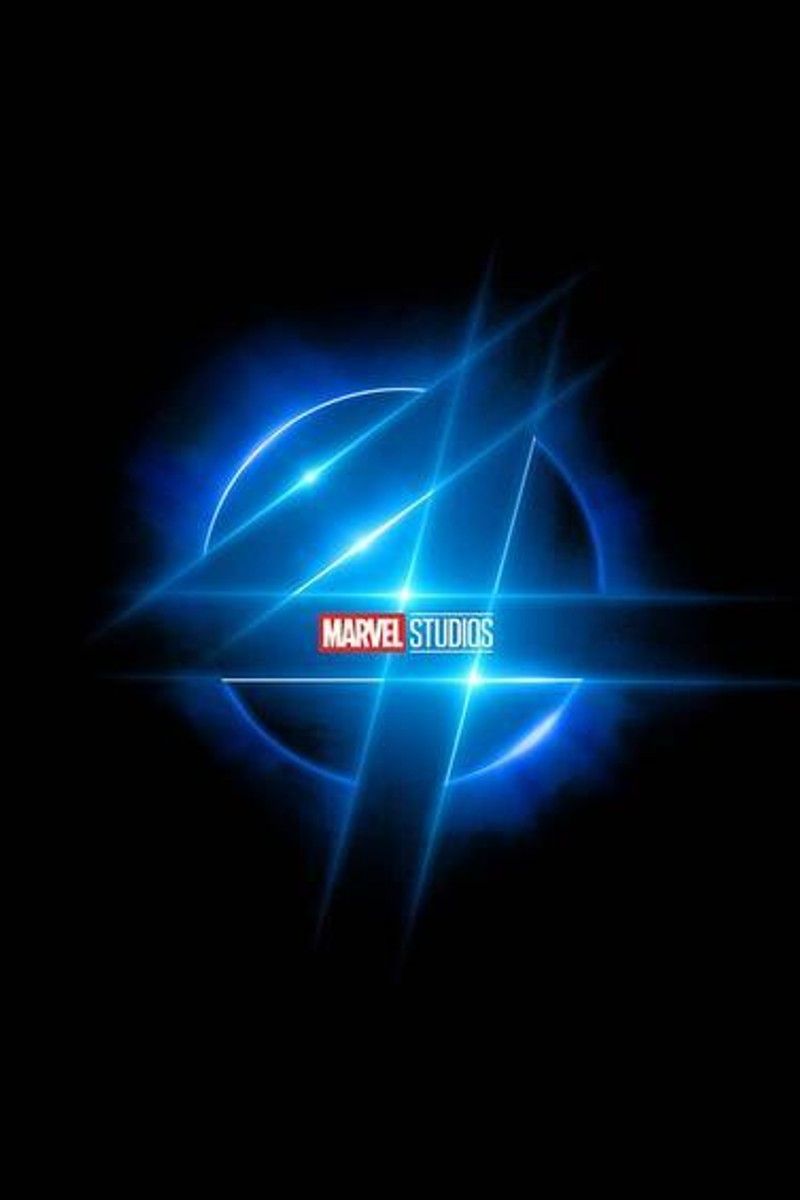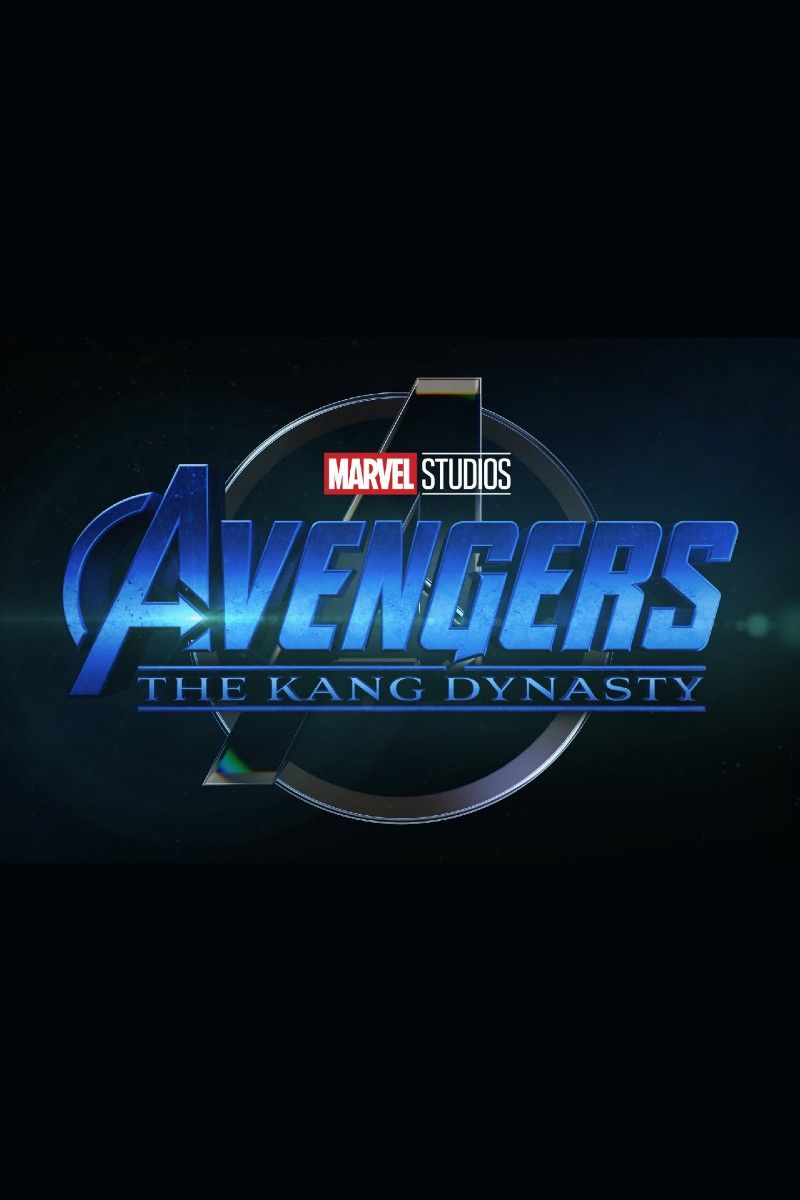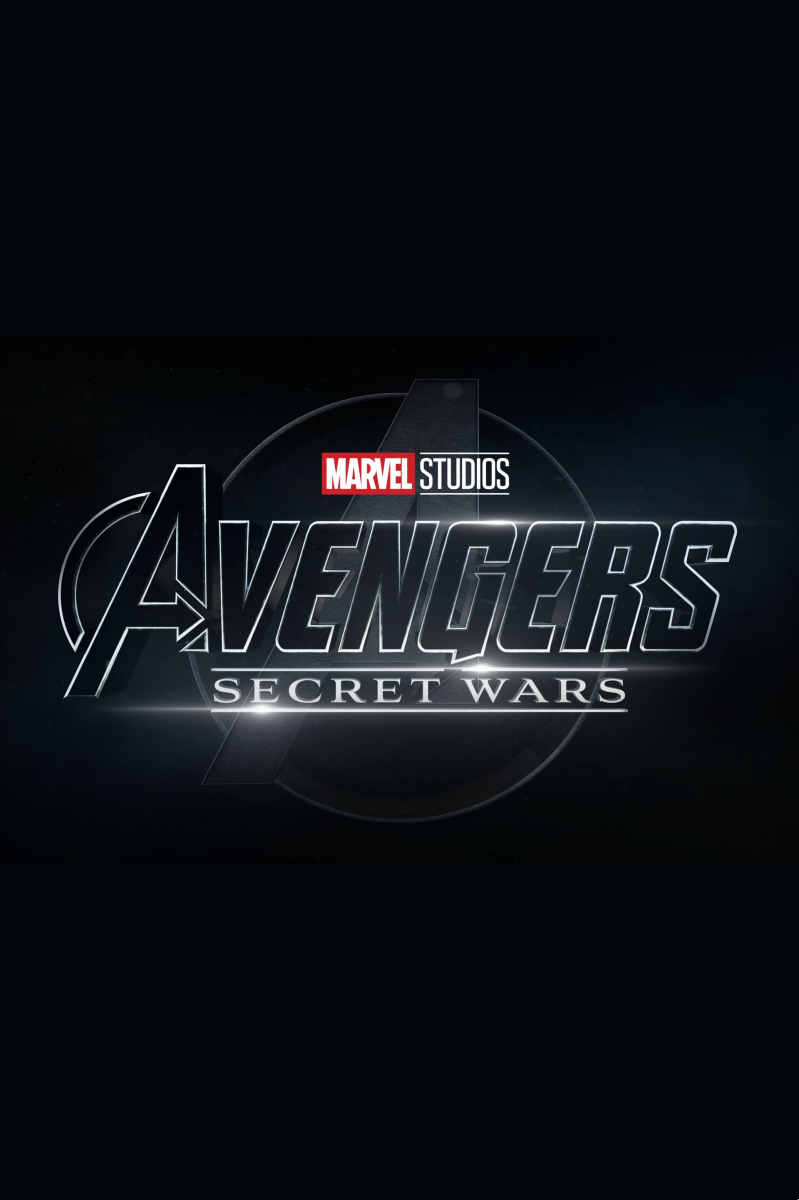This article contains spoiler for She-Hulk: Attorney at Law episode 1.Avengers: Endgame's five-year time jump broke the MCU's timeline - and Marvel doesn't care. Continuity is often assumed to be the province of the diehard fan. In reality, though, it's an essential part of any franchise - and, in particular, central to any shared universe such as the MCU.
At its most basic, continuity can simply be seen as the order in which events occur. It allows viewers to construct an overarching narrative, helping them understand how plots and themes develop, allowing them to interpret characters' actions and motivations correctly. This means the MCU's chronological timeline is far more than just an alternate viewing order on Disney+; rather, it's a way for viewers to experience events alongside their favorite heroes and villains, and in so doing to appreciate the MCU's evolution and growth.
The MCU is the world's most successful shared universe. And yet, for all that's the case, Marvel Studios don't seem especially invested in continuity - whether on the small scale or in larger details. With the benefit of hindsight, Avengers: Endgame's five-year time jump has done enormous damage to the shared universe's continuity, and it's possible decision-makers at Marvel either haven't noticed, or simply don't care.
The MCU's Timeline Was Always Messy
Most viewers didn't notice the MCU's problematic continuity until Spider-Man: Homecoming. The film explicitly claimed to be set eight years after the Battle of New York, seen in The Avengers, but that couldn't possibly work. The Chitauri invasion of New York was confirmed to take place in 2012, and Spider-Man: Homecoming spun straight out of Captain America: Civil War, explicitly confirmed to be set just four years later. Marvel initially tried to avoid admitting the error, but in the end Avengers: Infinity War and Avengers: Endgame directors Joe and Anthony Russo conceded it was "very incorrect."
This was the most high-profile continuity problem in the MCU's history, but it is far from the only one. Iron Man, for example, has been decisively set in 2008. Dialogue in Iron Man 2 confirms those events take place just a few months later, meaning the Stark Expo should be happening in 2009 (at latest). But Iron Man 2 is part of "Fury's Big Week," meaning it takes place concurrently with Thor and The Incredible Hulk. Dialogue in The Avengers confirms the Chitauri invasion occurred a year after first contact between SHIELD and Thor, meaning "Fury's Big Week" can be decisively fixed in 2011 instead. The sequence of events is unchanged, but the precise placement doesn't match up.
Marvel may not like to admit it, but there is a sense in which the MCU's continuity has always been a mess. It wasn't really until 2016's Captain America: Civil War that the Russo brothers, who understood the importance of continuity, attempted to figure out how things really relate to one another. Their approach is a simple one; that, unless otherwise indicated, every Marvel movie takes place in the year of its release. This isn't perfect, and it creates lots of contradictions, but it's simple and effective.
Phase 4 Constantly Shows Endgame's Time Jump Broke The MCU
The Russos may have established basic principles governing the MCU timeline, but it didn't take them long to break them. The principal offender is Avengers: Endgame, which features an unprecedented five-year time jump. Known as the "Blip," this period began when Thanos snapped his fingers and erased half the living creatures in the universe, and ended when the Avengers defeated Thanos and put the galaxy to rights five years later. This time jump allowed the Russos to underline the scale of Thanos' action, delivering a superhero blockbuster in which actions truly seemed to have consequences.
Unfortunately, the Blip seems to have broken the MCU. Phase 4 seems to keep forgetting the time jump happened, with both Shang-Chi & the Legend of the Ten Rings and She-Hulk: Attorney at Law unwittingly omitting to factor it in. Shang-Chi dropped numerous references to its protagonist's personal timeline, and they make better sense if the film had been set in the year of release; but it can't be, because it was decisively post-Blip. Even more awkwardly, She-Hulk episode 1 saw Bruce Banner refers to his 15 years of experience as the Hulk ("give or take"), when he should actually have had 20. It's clear writers keep forgetting their films and TV shows are no longer set around the date of anticipated release, but instead have to factor in that time jump.
There is, of course, a reason Avengers: Endgame's five-year time jump has had such an effect. Like the comics themselves, the MCU has always tried to set itself in "the world outside your window," albeit one with gods and monsters, aliens and mutants. The Russo brothers' initial rule helped fix that approach into the MCU's very chronology, but the time jump - and, indeed, the collective trauma endured by the world because of Thanos - clashes with it. It's frankly no surprise writers keep forgetting the missing five years, given they act against the basic principles underlying the world in which they're operating.
Can The MCU's Post-Endgame Timeline Ever Be Properly Fixed?
All this is set against a problematic context. Phase 4 has been told completely out-of-sequence, with even writers and show-runners unable to figure out where their films and Disney+ TV shows fit into the MCU's overarching narrative. The MCU Disney+ chronology helps, but even this is imperfect, and indeed has been adjusted on occasion. It feels more like a marketing tool, encouraging audiences to interact with the MCU in different ways, than it does a proper attempt to figure out the MCU's timeline.
It increasingly feels as though continuity is largely overlooked by Marvel Studios. This problem is likely to get worse, rather than better, simply because of the sheer amount of content now being released by Marvel. Only a few years ago, the studio claimed to be too overwhelmed making four movies a year to produce the old Marvel one-shots; now, they are releasing four or five movies a year, in addition to multiple Disney+ TV shows. The demand is phenomenal, and continuity is being sacrificed on the altar of output.
Why Marvel Doesn't Care Too Much About Timeline Breaks
Marvel Studios don't really mind all that much about timeline breaks and MCU plot holes. That can clearly be seen in the reaction to Spider-Man: Homecoming's notorious "Eight Years Later," with Marvel initially trying to avoid admitting any mistake had been made. Indeed, that seems to have been the first time anyone at Marvel really acknowledged there was an interest in the MCU's chronology, with Feige suggesting the studio would get round to publishing a timeline sometime (this appears to have ultimately morphed into the Disney+ timeline order). But "Eight Years Later" hardly seems to have incentivized the studio to take more care.
This lack of care is easy to understand. The simple truth is that poor continuity hasn't exactly had a financial impact on the MCU. Spider-Man: Homecoming itself was a box office hit, grossing over $880 million worldwide. Even the placement of the timeline on Disney+ - at time of writing it is ten rows down, requiring substantial scrolling to get to it - suggests Marvel consider chronology to be an optional extra for committed viewers, rather than a central part of the shared universe. Directors and show-runners simply aren't encouraged to care all too much about these issues, even after Avengers: Endgame's five-year time jump, and that's unlikely to change.
New episodes of She-Hulk: Attorney At Law release on Thursdays on Disney+.

